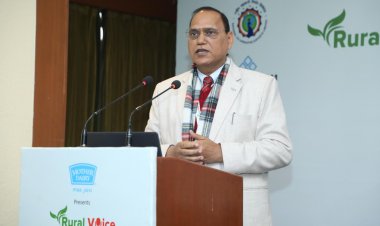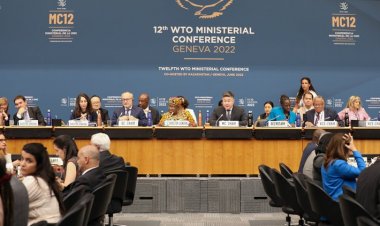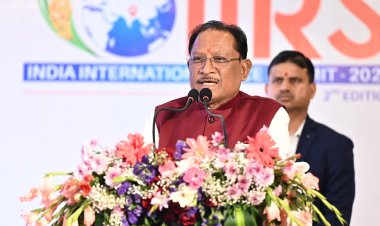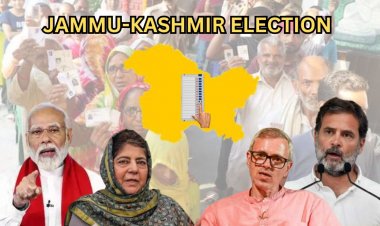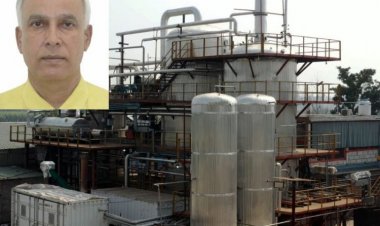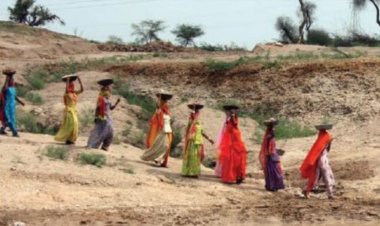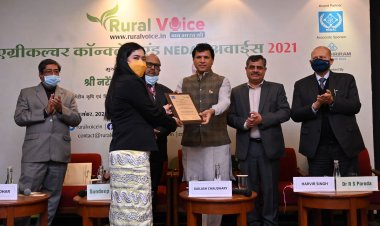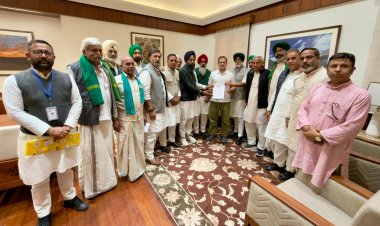Anil Ghanwat, a member of SC committee on farm laws, writes to CJI to make its report public
Anil Ghanwat, a member of the committee appointed by the SC to find a solution to the farmers’ movement against the three new farm laws brought by the Union Government in June 2020, has written a letter to the CJI requesting him to make its report public. Ghanwat says that the recommendations the committee has made to serve the farmers’ interests should be sent to the government and the report be made public.

Anil Ghanwat, a member of the committee appointed by the Supreme Court (SC) to find a solution to the farmers’ movement against the three new farm laws brought by the Union Government in June 2020, has written a letter to the Chief Justice of India (CJI) requesting him to make its report public. Ghanwat says that the recommendations the committee has made to serve the farmers’ interests should be sent to the government and the report be made public. In an interview with RuralVoice, Anil Ghanwat said, “The farmers’ movement against the central laws is still going on, so it would be better if the report is made public so that a way may be found out.”
The letter sent to the CJI is dated September 1, 2021. It says, “The Hon’ble Supreme Court suspended the implementation of the three farm laws and constituted a Committee to report on these laws on 12th January 2021. I was nominated as one of the members of the said Committee to represent the farming community.” The committee was given two months’ time to submit its report. After consulting several stakeholders, it submitted its report to the SC on March 19, 2021. It believed that its recommendations would help the farmers’ movement end. As a member of the committee, especially as the farmers’ representative, Ghanwat laments that the farmers’ movement is still going on.
Ghanwat has written in the letter that he requests the SC to make the recommendations of the report public so that these may be implemented, thus providing a peaceful solution to the farmers’ movement.
In order to find out a solution to the farmers’ movement against the central farm laws going on at Delhi borders since November 27, 2020, the SC had constituted a four-member committee on January 12, 2021. Anil Jaysing Ghanwat, President, Shetkari Sanghatana; Bhupinder Singh Mann of the Bharatiya Kisan Union (Mann); agricultural economist Prof. Ashok Gulati; and agriculture expert Dr Pramod Kumar Joshi were made its members. Mann stepped down from the committee in view of the farmers’ protests in Punjab. That left the committee with three members. The 40 farmers’ organizations that were the members of the agitating Samyukta Kisan Morcha (SKM) had refused to appear before the committee. The public is yet to know what the recommendations in the committee report are.
In an interview with the RuralVoice regarding this, Anil Ghanwat said, “I have also spoken to the other two members of the committee in the past in this respect. Our work, too, can’t be assessed until the recommendations of the committee are made public. So, I would like the committee report to be made public and also to be sent to the government so that it may implement its recommendations. Also, if the farmer organizations want changes other than the recommendations of the report, even these reforms will be possible only when the recommendations come to the fore.”
This letter from Anil Ghanwat comes at a time when an atmosphere of political pressure has been created in the wake of the gathering of lakhs of farmers at the Muzaffarnagar Mahapanchayat of the SKM. Buoyed by the success of the panchayat, SKM has announced a programme to intensify the movement, including the Bharat Bandh on September 27, 2021. Besides, panchayats have been proposed in Uttar Pradesh (UP) and other parts of the country.
Assembly elections are scheduled to be held in five states, including UP, Uttarakhand and Punjab, in coming February-March and the way the farmers’ movement is intensifying is bound to have its political impact. If the movement continues, it may create problems for the Bharatiya Janata Party (BJP). It will, therefore, be crucial to watch whether the government implements the report of the SC-appointed committee once it is made public.



 Join the RuralVoice whatsapp group
Join the RuralVoice whatsapp group



















